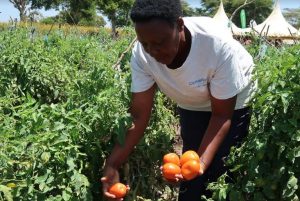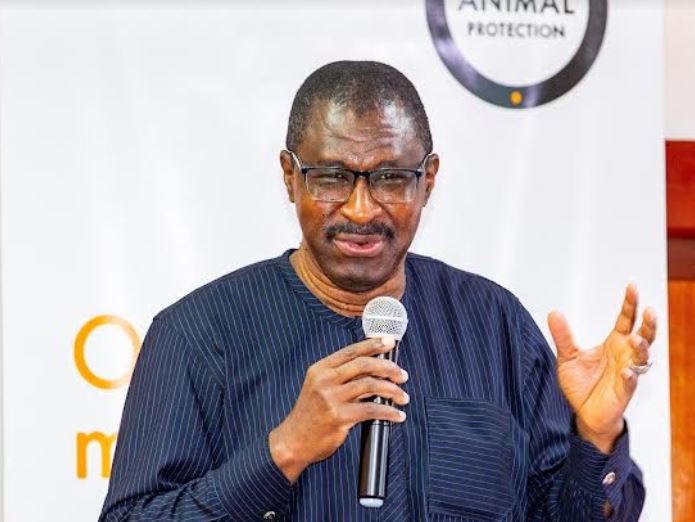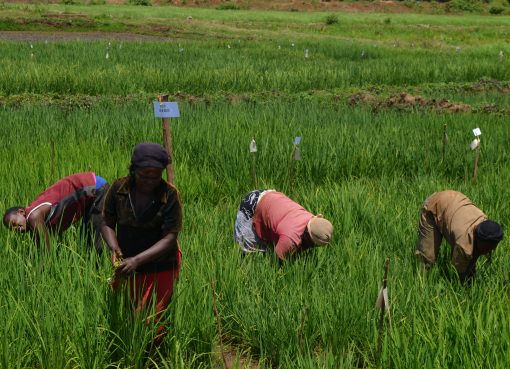Protection of animals plays a vital role in solving the climate emergency, the public health crisis, and the devastation of natural habitats, Director for Africa at World Animal Protection (WAP) Tennyson Williams has said.
Creating pathways away from industrial animal agriculture to agro-ecology is therefore a way to produce sustainable, healthy, and nutritious food for all.
Speaking during the World Animal Protection’s Third African Protein Summit being held in Kenya, Williams said there is an urgent need for transformation as industrial animal production not only endangers biodiversity and exacerbates climate change but also perpetuates social injustices and threatens public health.

“The future we advocate for is a reduction of industrial animal agriculture, through a just transition to a system based on agroecology that results in the production of equitable, humane, and sustainable proteins on a global scale,” he added.
By placing animals at the heart of our food system transformation, Williams said that countries can achieve a food-sovereign future.
He explained that food systems have been very central to issues pertaining to the welfare of animals and also to the larger conversation around climate change, and thus it was about time that Africa comes together to speak on the matter and in turn inform policy positions from governments.
He quoted a study by the Food and Agriculture Organisation, which found that small-scale agro-ecological farms can increase yields by 79 per cent and increase farmers’ incomes by reducing inputs, costs, and enhancing productivity.
Williams said that industrial animal agriculture continues to expand despite widespread evidence proving its detrimental impact on people, the environment, and animals.
“It is time we transition, but this will have to be supported through strengthening of food system governance, through promoting agroecological practices, while countries with high per capita consumption of animal-based products must transition to plant-rich diets with reduced meat and dairy.
According to Williams, this shift will benefit public health and free up land and resources to support diversified agro-ecological production systems.
“Let us build a consensus on food systems, one that empowers smallholder farmers, protects animals, and preserves our environment. This transition requires a collaborative effort across all sectors,” Wlliams said.
He further said that we can still be self-sufficient as a continent if we make meaningful investments and called for all to look at agro-ecological systems and make sure good investments are made even to the highest level of government.
During the summit, stakeholders focused on exploring innovative solutions, sharing knowledge, and forging alliances to drive systemic change.
He underscored the importance of prioritising smallholder farmers, Indigenous communities, and marginalised groups in shaping sustainable food futures.
The Africa Protein Summit was launched in 2002 as a platform that brought together animal welfare organisations to deliberate alternative ways to achieve food and nutrition security sustainably without further expansion of industrial agriculture. The theme for the summit this year is “Towards equitable, humane, and sustainable systems”.
By Wangari Ndirangu





